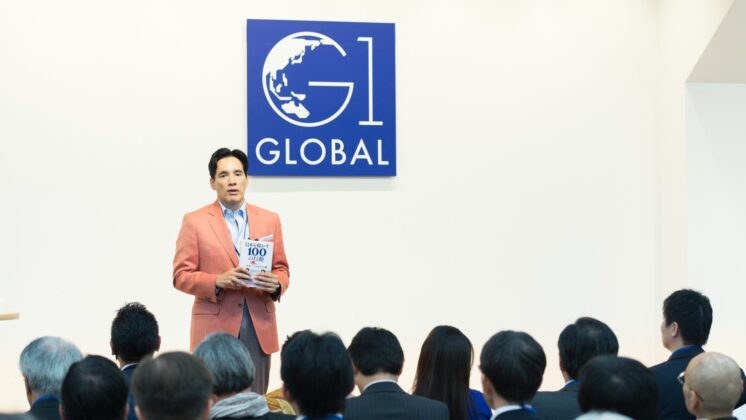While China and North Korea are relentlessly attempting to infringe on Japanese national interests, the budget allocated to national defense has been restricted due to a de facto “GDP cap.” It would be best to increase defense budgets without any limit. However, in order to defend our country by ourselves under conditions of restricted national finances, it is necessary to focus on the selection and concentration of our defensive forces.
1. [Ground] Review the Deployment of Units as though Nothing is Taboo!
Long before the recent provocative incidents around the Senkaku Islands occurred, the movement of the Chinese marine force in the East China Sea had been activated. Despite this, Japan’s defense force in the vicinity of the Nansei Islands in Okinawa Prefecture has been left deficient. This is because, under the Basic Defense Force Concept adopted by Japan since the end of World War II, Japan has placed a high importance on the “amount” of units to be prepared for large-scale land invasion and has deployed its units evenly throughout Japan. However, in terms of defense, as the risk that Japan is facing has changed, it is unlikely that such countries as Russia would invade Japan by land. For this reason, Japan should reduce the number of units in the island of Hokkaido and, instead, deploy an increasing number of units in and around the Nansei Islands. In addition to the Ground Self-Defense Force surveillance deployment on the island of Yonaguni, Japan has recently developed a policy to deploy units for the first time in island regions, where there has been no military presence previously. It is hoped that efforts to reorganize the deployment of units will be continued as though nothing were taboo.
2. [Marine] Change the Proportions of Ground, Marine and Air Forces; and Place Emphasis on and around the Nansei Islands!
Since Japan is an island nation, the Maritime Self-Defense Force (MSDF) is extremely important. However, the budget allocated is small – 1.1 trillion yen per year, compared with the roughly 1.8 trillion yen per year allocated to the Ground Self-Defense Force (GSDF). The proportional shares of the overall budgets allocated to the Ground, Marine and Air Forces should be changed and the outdated tanks and artillery of the GSDF should be significantly reduced. A significant amount of resources should be shifted into efforts to enhance the defense of the Nansei Islands region by Marine and Air Forces, which will be later explained, as well as to ballistic missile defense and intelligence, surveillance and reconnaissance abilities.
The MSDF consists of the Self-Defense Fleet, which corresponds to the former combined fleet, in charge of overseas duties and sea lane defense, as well as five District Units, each in charge of a different district (Yokosuka, Sasebo, Maizuru, Kure and Ominato). The Nansei Islands are under the control of the Sasebo District and, in Okinawa Prefecture, there are only the Marine Self-Defense Force Okinawa base unit and other sub-area units. Considering the high level of national security risk around the Nansei Islands, the District Headquarters should be located in Okinawa Prefecture.
3. [Air] Have Abilities to Attack Enemy Bases!
The Japanese Air Self-Defense Force (JASDF) scrambled 343 times against approaches to and violations of Japan’s airspace by its neighboring countries during the first half of 2015. This was the largest number ever reported. The enhancement of the abilities of the JASDF is a pressing issue.
The SDF’s roles have been limited to refusal of invasion. It has therefore been considered that abilities to attack enemy bases to destroy their missile bases are not necessary. Therefore, the JASDF does not have any ability even to fly to and back from neighboring countries. If North Korea launches a missile, the surefire way to protect Japanese interests is to destroy the enemy’s missile base. Considering that the time before an event occurs has been shortened as a result of the advancement of military technology, it is necessary for the JASDF to be equipped with abilities to attack enemy bases.
4. [Intelligence] Have Intelligence, Surveillance and Reconnaissance Abilities Independent from U.S. Forces!
One of the major risks for Japan in terms of military defense is the dependence of intelligence gathering on U.S. forces. In missile defense, Japan must depend on intelligence provided by the U.S. Shared Early Warning (SEW) system for initial confirmation of the fact that a missile has been launched. In addition, without its own high-resolution warning satellite, Japan depends on the United States in terms of other intelligence. This present situation is a risk to Japan in terms of national security and a weakness of Japan in terms of diplomacy. It is therefore necessary to promote the selection and concentration of defense force and radically enhance ISR (intelligence, surveillance and reconnaissance) abilities, including the possession of warning and reconnaissance satellites in order to establish its intelligence superiority.



